【新唐人2011年12月12日訊】22年前的天安門「六四慘案」,在中共決定鎮壓學生運動的當時,很多人,特別是中共黨員,面臨著如何「站隊」的選擇。而親共香港媒體《文匯報》,在當年的5月21號以「痛心疾首」四個字做為社論全文的開天窗模式,震動香港。時事評論員程翔向本臺記者講述了當年開天窗社論出爐的經過,並且對幾位當事人的功過是非提出他的看法。
1989年5月21號,中共下達戒嚴令的第二天,《文匯報》發表四字社論「痛心疾首」,這是1949年之後中共報業史上,第一次有傳媒以開天窗形式寫社論。
香港時事評論員程翔,當時擔任《文匯報》副總編輯,他向《新唐人》表示,這篇社論對香港的影響非常大。
香港時事評論員程翔:「這個社論直接動員了一百萬市民上街,是非同小可的四個字,這四個字在當時就好像一個超級炸彈一樣轟開了,激發大家上街。其實我覺得這個事情在中國當代史上,在中國百年的新聞史上都是一件大事。」
這個爆炸性社論得以出爐,涉及時任《文匯報》副總編輯兼代理總編輯曾敏之、社長李子誦,原總編輯金堯如,以及時任分管香港中共報章的新華社香港分社副社長的張浚生。
程翔向《新唐人》講述,曾敏之在中共宣佈戒嚴後,第二天深夜致電李子誦,主動提出以「痛心疾首」四字開天窗,而李子誦與金堯如商量後,建議改用較為平和的「夫複何言」。曾敏之不同意,於是把這兩個建議一同送新華社審批。最後,張浚生選了「痛心疾首」四字。
程翔認為,開天窗社論是當時四人集體做出的決定。不過,在鄧小平決定戒嚴之後,四個人的立場發生了變化。
香港時事評論員程翔:「李社長(和)金老總繼續反對鎮壓,繼續堅持反對屠城這樣的立場。曾敏之猶豫了一陣子,歸隊了。那麼,張浚生就倒過來,不但完全否認自己的責任,而且倒過來向文匯報施加壓力。」
最近,曾敏之和張浚生分別發表了傳記及回憶錄,兩人都提到22年前《文匯報》的「痛心疾首」開天窗社論。
曾敏之提出,他寫出這段歷史是避免不明真相者往某些人臉上貼金,歪曲事實。而現為浙江大學發展委員會主席的張浚生則完全撇清自己與事件的關係。
程翔指出,曾敏之的說法是邀功,張浚生是諉過。
香港時事評論員程翔:「主要就是他們的黨性最後主導了他們的人性,使得他們的人性不能張揚出來。所謂黨性,就是要歸隊,你還是靠共產黨吃飯,你要聽共產黨的話,要拿出你的黨性出來。」
程翔為曾敏之和張浚生兩人感到悲哀,他希望中共黨員都要摒棄黨性,回覆良知道義,體現人性光輝的一面。
在六四屠城中,中共解放軍38軍少將徐勤先因抵制戒嚴、反對向民眾開槍,被撤銷軍長職務,並被軍事法庭判處5年監禁。1989年在中國政法大學任教的吳仁華在新著《六四事件中的戒嚴部隊》中記述:「在軍事法庭審訊中,徐勤先回答審訊人員說:人民軍隊從來沒有鎮壓人民的歷史,我絕對不能玷污這個歷史。」
新唐人記者林秀宜、李靜、孫寧採訪報導。
The One-Phrase June 4th Editorial
When the Chinese Communist Party (CCP) decided 22 years ago to initiate June 4th Tiananmen Massacre, many people, especially CCP members, had to make a choice. Hong Kong's Wen Wei Po, a pro-CCP media, then shocked Hong Kong by publishing an editorial of only one phrase. Hong Kong-based commentator, Ching Cheong, told the story of the editorial, and his view on the concerned parties' acts.
On May 21, 1989, a day after CCP's martial law declaration, Wen Wei Po published an editorial with one phrase only, “Deeply grieved to the point of death.”
For the first time in CCP's newspaper history, since 1949, a media outlet left blank space in an editorial.
Hong Kong-based commentator, Ching Cheong, was then deputy chief editor of Wen Wei Po. He says this editorial produced a great impact in Hong Kong.
Ching Cheong (Commentator, Hong Kong):“This editorial directly mobilized a million of people to take on the streets. It was just like a super bomb blowing up, inspiring people to fill up the streets. I believe it can be listed as a major event in the 100 years of China's newest history.”
The publication of the explosive editorial involved four people. Tsang Ming-tse, then deputy chief editor, Lee Tze Chung, acting chief editor and president of Wen Wei Po, Kam Yiu-yu, former chief editor, and Zhang Junsheng, then vice president of Xinhua News Agency Hong Kong Branch.
Ching Cheong tells NTDTV, after CCP declared martial law, Tsang Ming-tse called Lee Tze Chung, proposing an editorial. It was just the one phrase, “Deeply grieved to the point of death.” After consulting with Kam Yiu-yu, Lee suggested
to publish the phrase, “What else can we say?” instead. Tsang did not agree, so handed in the two drafts to Xinhua News Agency for approval. Zhang Junsheng finally decided to publish “Deeply grieved to the point of death.”
Ching Cheong believes that this editorial was a decision of the four. However, after Deng Xiaoping decided to enforce martial law, the four's stances began to change.
Ching Cheong: "Both president Lee and president Kam continued to oppose repression and the massacre. Tsang Ming-tse hesitated for a period of time,
and then rejoined CCP's queue. While Zhang Junsheng changed completely. He not only completely denied responsibility, but also exerted pressure on Wen Wei Po."
Both Tsang Ming-tse and Zhang Junsheng had their biography and memoirs released recently. In their books, both mentioned the one-phrase editorial, published on Wen Wei Po 22 years ago.
Tsang Ming-tse said, he wrote for this period of history, as to prevent those not knowing the truth from claiming credit for some people, thus distorting the truth. In contrast, the current chairman of Zhejiang University's Development Committee, Zhang Junsheng, entirely disassociated himself from the editorial event.
Ching Cheong points out that Tsang Ming-tse's remarks aim at getting some credits for himself, whereas Zhang Junsheng is trying to shift the blame.
Ching Cheong: "The main reason was, their human nature was dominated by CCP's nature, which inhibited their own human nature. To accept the so-called CCP nature means to rejoin CCP's queue. Since you still intend to rely on the CCP for your livelihood, then you'll have to obey CCP's orders, to demonstrate your nature is that of the CCP.”
Ching Cheong feels sad for Tsang and Zhang. He expressed hope CCP members would get rid of the CCP nature. He hopes they will restore their moral conscience to display the bright side of their own human nature.
During 1989' June 4th Tiananmen Massacre, Xu Qinxian, major general of the CCP's 38th People's Liberation Army, resisted enforcing martial law and firing at the civilians.
Xu was removed from his post of army commander, and sentenced to five years in jail by the military court. Wu Renhua, a former lecturer at China University of Political Science and Law, wrote about this in his new book, "Martial law troops in the June Fourth Incident." In it he stated, "During the military court trial, Xu Qinxian gave this answer to the interrogator, "The People's Liberation Army has no records of suppressing people; I did not stain it either."
NTD reporters Lin Xiuyi, Li Jing and Sun Ning.
看下一集

【禁聞】江系力撐唐英年 一國兩制堪憂

【禁聞】經濟政策難定調 十八大前各自盤算

【禁聞】多少「政治不合作」微博被關﹖

【禁聞】當局秋後算帳 陸豐八千村民再抗議

【禁言博客】我們都是「最窩囊的丈夫」

【禁聞】憤怒的中國筷子指向何方

【禁聞】汪洋薄熙來暗斗變合作 各有所圖

【禁聞】紅軍教育進小學 網友:救救孩子
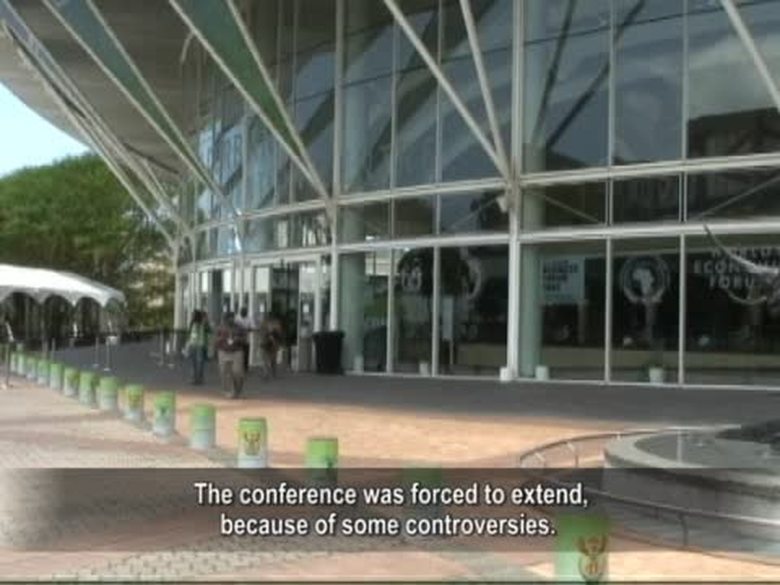
【禁聞】德班氣候大會 中國代表再發火
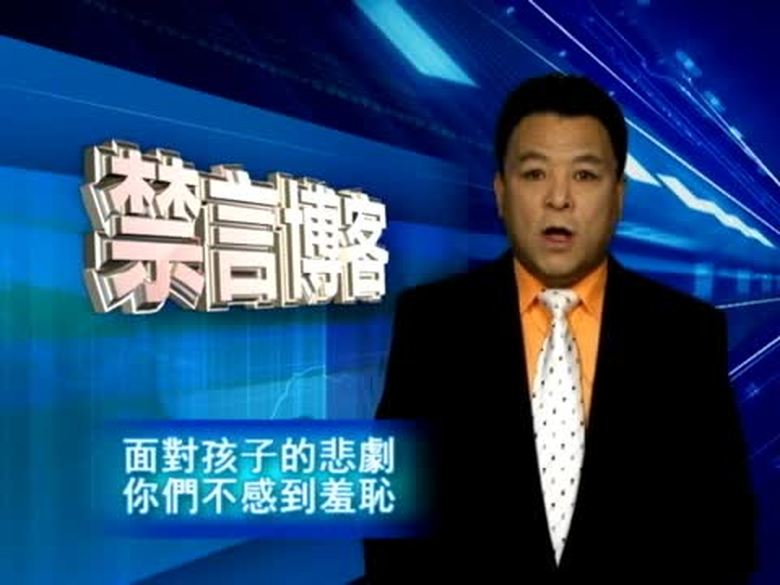
【禁言博客】面對孩子的悲劇 你們不感到羞恥
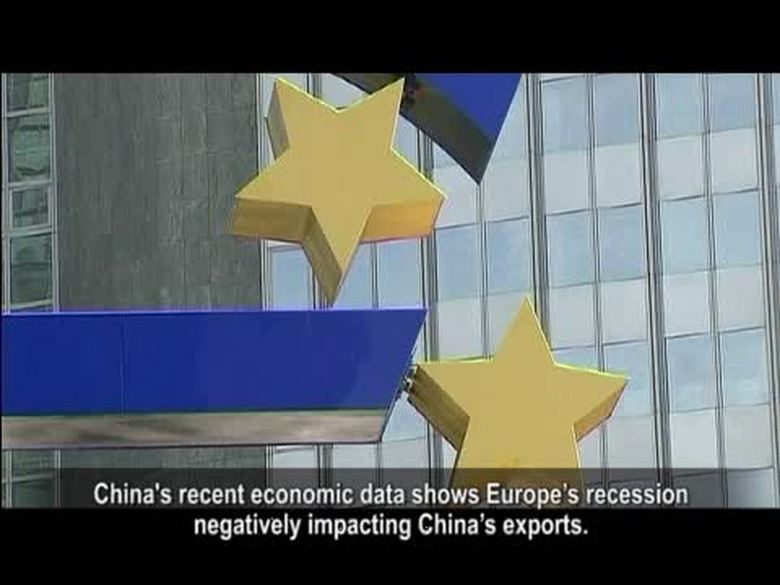
【禁聞】浙江跑路潮再起 恐蔓延全國
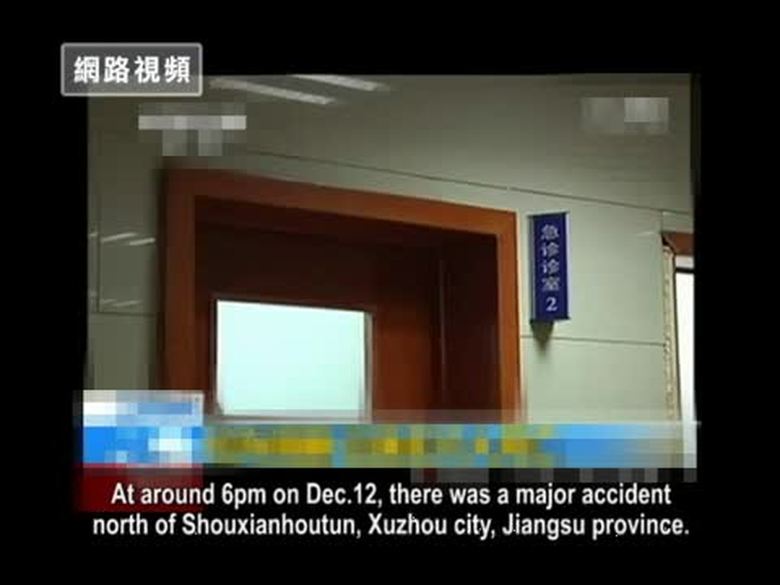
【禁聞】民眾問 中國安全校車在哪裏?
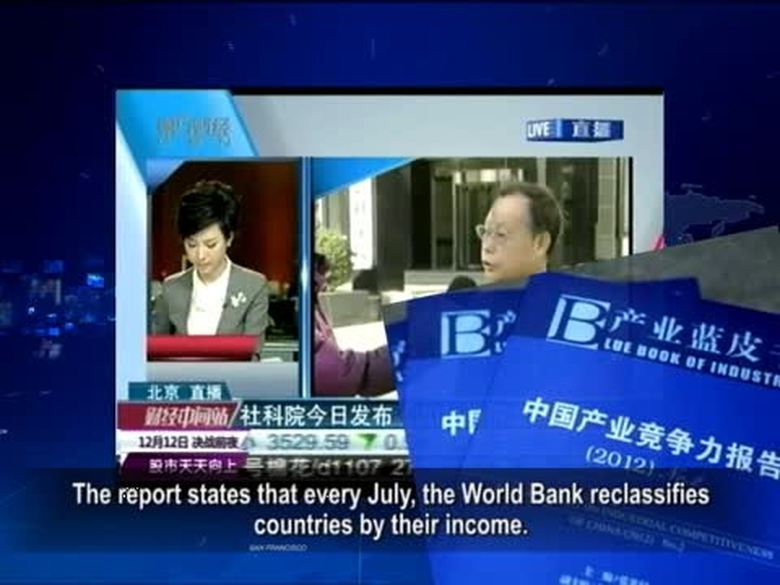
【禁聞】中國已進入中上等收入國家?
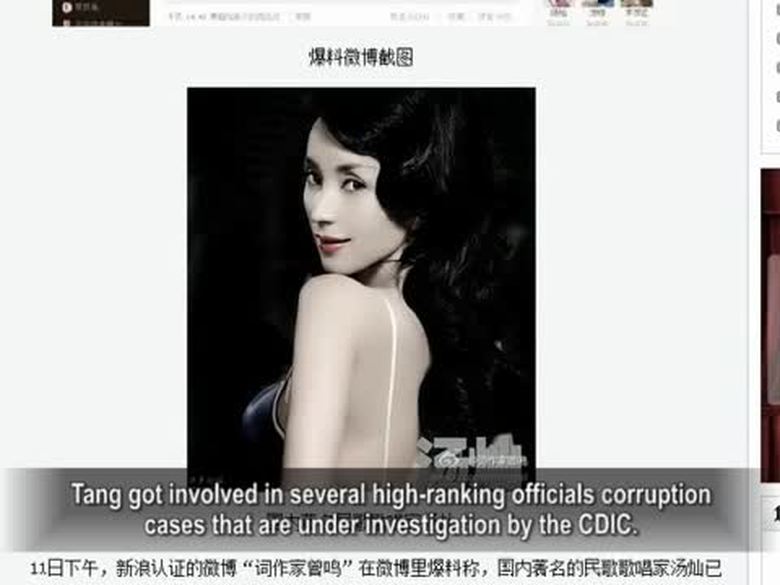
【禁聞】大陸軍旅歌手湯燦 涉高官貪腐案
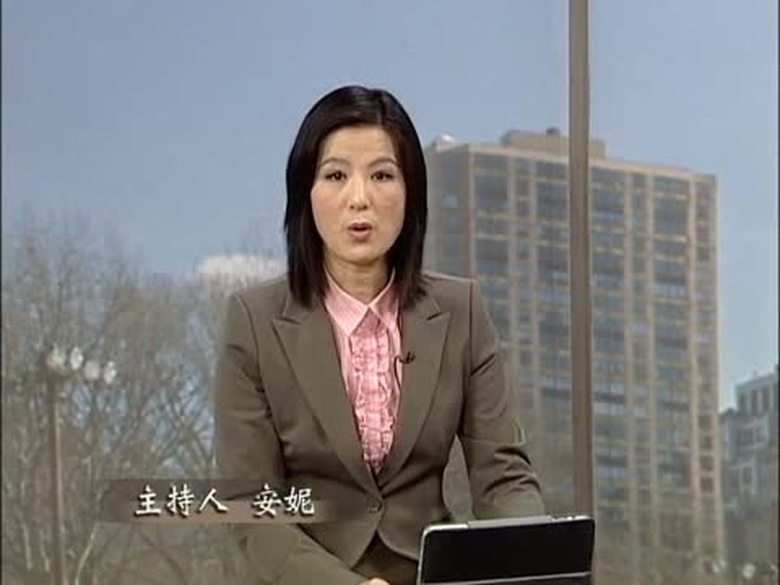
【禁聞論壇】緬甸變了, 中國呢?
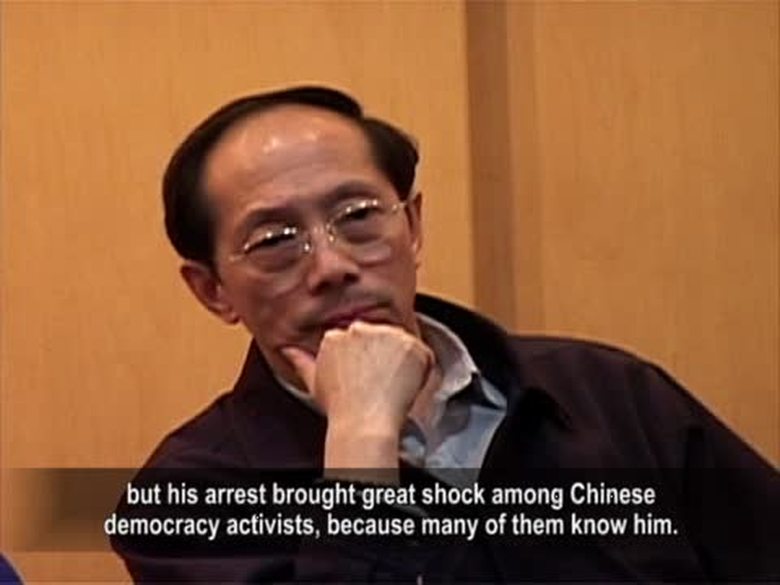
【禁聞】FBI破唐宇華案 海外民運揭身份








